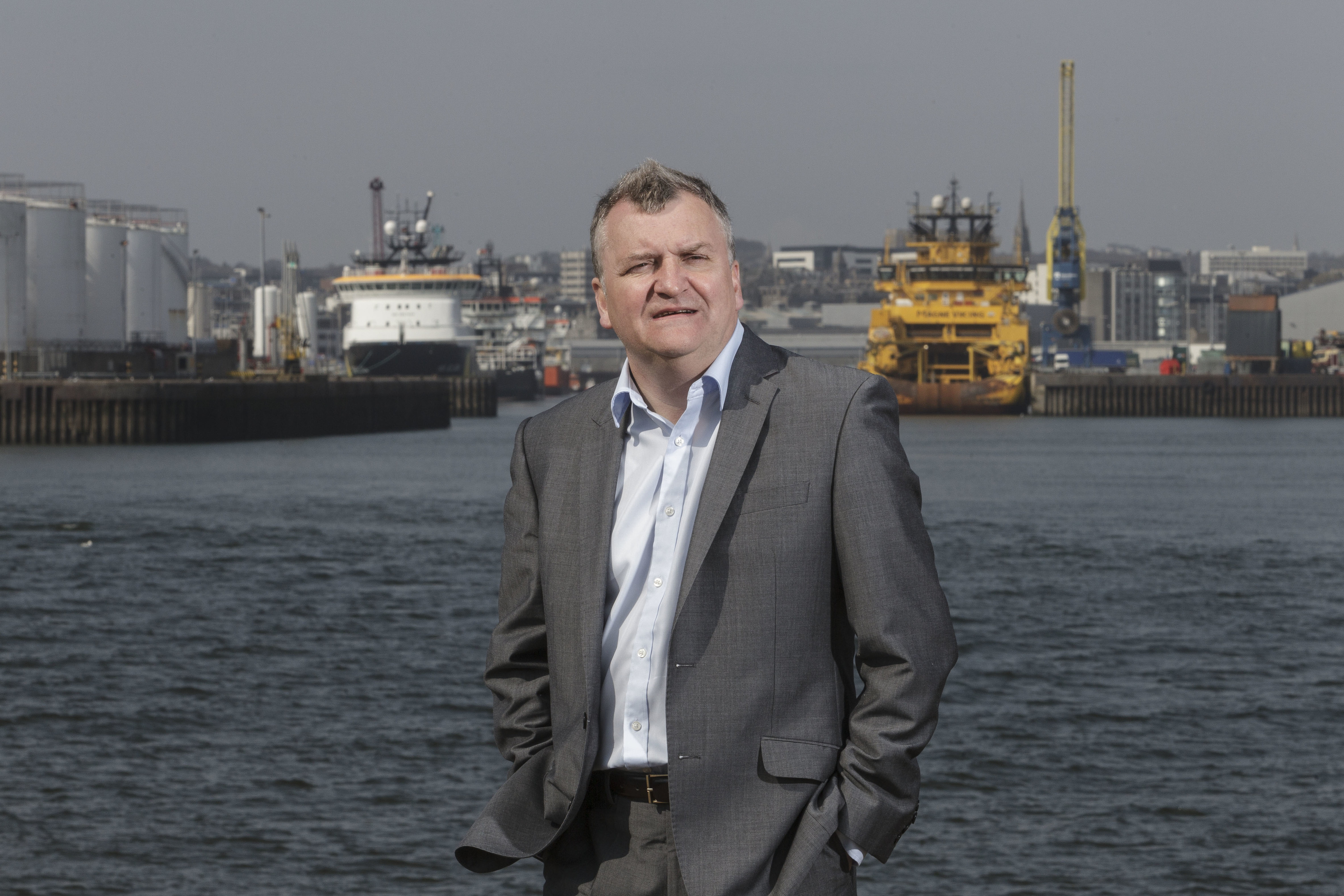Geology does not respect geography. As oil and gas span countries and politics, so too must industry expertise and knowledge.
Increasingly, the industry is working together to treat the world’s reserves as one collective resource to prolong its legacy of success in new provinces.
Partnerships are key for the sector and this has been highlighted in Sir Ian Wood’s report, in which he called for collaboration across the board.
At MDT International, we work with our clients to deliver training courses in over 70 countries, from Australia to Argentina and Cuba to China. We feel we can play an important role in harnessing the enthusiasm for the industry globally.
A key focus area for us this year has been East Africa, where we have provided courses in Tanzania and Uganda and will deliver courses in Kenya before the year is out.
East Africa is one of the poorest and least developed regions in the world. Many who live there survive on less than a dollar a day. But the World Bank has pinpointed East Africa as one of the strongest economies of the future.
Undoubtedly, its burgeoning oil and gas sector is a major factor in this forecast. And with a combined population of upwards of 250million, the region’s people are key.
I believe mineral wealth, in any country, is vested with the people who live there. Hydrocarbons – whether discovered in Brazil, Tanzania or Malaysia – don’t belong to the international oil and gas companies, the government or the ministry. They belong to the people of the country, who should be able to benefit from and capitalise on these resources through employment, training and education.
To give them the best chance of doing so, they must have information and knowledge. Without knowledge it becomes difficult to exploit the benefits and so acquiring knowledge almost becomes more important than financial support.
Knowledge is a commodity which can unlock economic development. Since the business was launched more than 20 years ago, we have delivered thousands of courses on topics such as accountancy, management and communications skills.
This is incredibly rewarding, particularly in an environment where people are hungry to learn and in emerging economies, where we provide local people with essential skills and know-how.
In Africa, you find there is a buzz and a beat in a training room environment and a desire to learn that is palpable.
There is never a stony silence when you ask if the participants have any questions. This is where an audience gets the best from our trainers. Questions lead to more questions and debate.
In Africa, it’s commonplace for this kind of highly charged learning atmosphere to be created. This is not only valuable but fun.
Retrieving oil and gas is a highly technical operation that needs a highly skilled workforce. Without a doubt, this requires the involvement of international experts but there are clear moral and financial drivers to develop a high quota of qualified national professionals too. It is about striking a balance.
Effective training can help the frontier areas of oil and gas to equip their local people with what they need for success in the energy industry and facilitate its future.
Drew Leitch is managing director of MDT International
